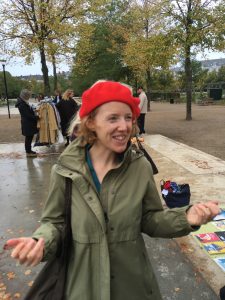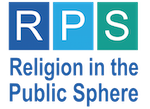2022–23 Buddhism and Posthumanism Series
Polyester Blessings: The Persistent Incarnation of Purity in Contemporary Mongolia
Saskia Abrahms-Kavunenko
 Abstract
Abstract
Biography
 This series is co-sponsored by the Religion in the Public Sphere initiative of the Department for the Study of Religion at the University of Toronto. The events are organized by Rory Lindsay, Assistant Professor, and Frances Garrett, Associate Professor of Buddhist Studies in the Department for the Study of Religion at the University of Toronto.
This series is co-sponsored by the Religion in the Public Sphere initiative of the Department for the Study of Religion at the University of Toronto. The events are organized by Rory Lindsay, Assistant Professor, and Frances Garrett, Associate Professor of Buddhist Studies in the Department for the Study of Religion at the University of Toronto.
Registration
Each event in the Buddhism and Posthumanism series will be held as an online Zoom meeting and registration is required. You may register at any time to join a lecture. Your registration is valid for the whole series, and you may attend as many lectures as you like. You will automatically receive reminders for the lectures. After registering, you will receive a confirmation email containing information about joining the meeting.
Register in advance for the meetings in this series:
https://us02web.zoom.us/meeting/register/tZ0kduirqDopGtx1sZBeru31Lrdgz0BtoMYs

